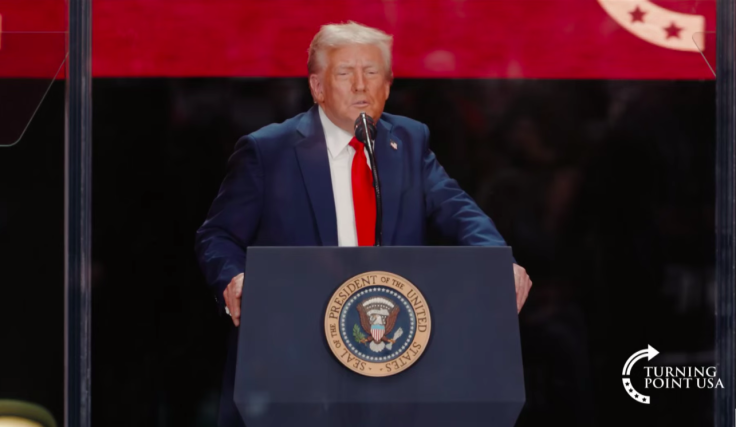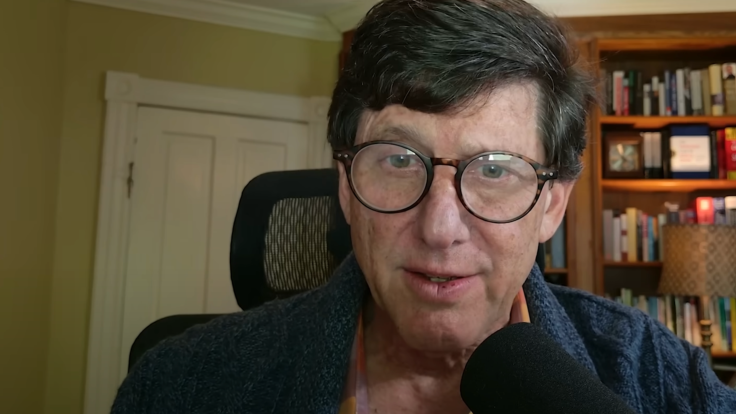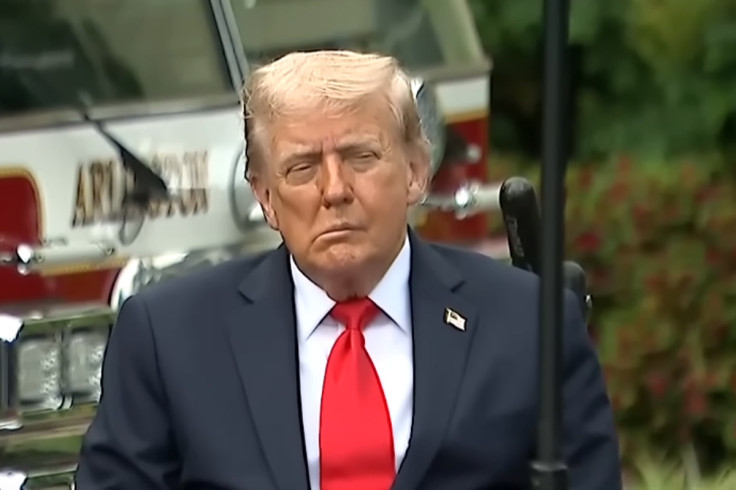Does Donald Trump Have Dementia? Expert Insists POTUS Is 'Clearly Deteriorating', Presents His 'Proof'
Experts point to speech, motor and memory changes as evidence of decline; official tests show no significant impairment

US President Donald Trump is exhibiting what one psychologist calls unmistakable signs of mental and physical decline, prompting renewed questions about his capacity to lead.
In recent weeks, clinical psychologists have increasingly voiced concern that President Trump, 79, may be showing evidence of dementia. They point to changes in his speech, motor function, memory and behaviour, contrasting them with baseline norms from his own past.
The White House insists he remains in excellent cognitive and physical health. The debate has intensified, not least because of the stakes: fitness for office, public trust and the judgment of voters.
What the Experts Are Saying
Dr John Gartner, a clinical psychologist and former assistant professor at Johns Hopkins University, argues that Trump has shown a 'major deterioration' in several domains.
He identifies diminished language skills, impaired impulse control and a decline in psychomotor performance — how well one organises movement.
Gartner claims that, historically, Donald Trump was 'very articulate', using polished paragraphs and a broad vocabulary. Now, he alleges, there are frequent instances where Trump fails to complete a thought or drifts off mid-sentence.

Tangents, memory slips and jumbled references, such as confusing fictional characters or mixing real events with fiction, are cited as additional symptoms.
In physical terms, Gartner and others say they observe changes in Trump's gait (walking pattern), facial appearance (including a so-called 'droopy face'), and episodes where he appears confused or loses coherence.
Some psychologists argue these are not just age-related changes but signs of 'organic deterioration' from Trump's own baseline.
What the White House and Supporting Reports State
In stark contrast, Trump's medical evaluations, as reported, affirm his fitness. In April 2025, his White House physician, Dr Sean Barbabella, said the President, 'exhibits excellent cognitive and physical health and is fully fit to execute the duties of the Commander-in-Chief and Head of State.'
The same April physical exam reportedly included a neuro-cognitive assessment, where Trump scored a perfect 30/30 on the Montreal Cognitive Assessment (MoCA), a widely used screening tool for mild cognitive impairment.
The physical also showed no abnormalities in gait, no neurological impairments and no signs of anxiety or depression.

Weighing the Evidence: What Is Known, What Is Speculation
The MoCA score is important because it provides a standardised snapshot of cognitive function. A perfect score suggests no detectable impairment in that test's domains at the time of assessment. But psychologists like Gartner caution that such tests have limitations. They are brief, they may not reveal decline if someone is high-functioning, and they do not capture fluctuations over time.
On the other hand, behavioural evidence such as speech pattern changes, incomplete thoughts, tangents, is harder to quantify, but consistent observers suggest the changes are visible and increasing.
Much of Gartner's diagnosis relies on comparing Trump's current behaviour with how he used to speak and act. This kind of baseline comparison is common in neurological assessment: deterioration means decline relative to past performance. But memory for that past performance can be selective, and the public record is weighted toward dramatic moments rather than steady daily performance.
Age is another factor. At nearly 80, small cognitive changes are statistically common. Yet experts argue that what is visible now is more than that: deterioration in impulse control, coherence and motor coordination.
Expert speculation about dementia in public figures is fraught. Many psychologists and psychiatrists adhere to the Goldwater Rule, which discourages diagnosing individuals whom one has not personally evaluated.
Gartner, while a psychologist and not a medical doctor, is speaking from observation and experience rather than direct clinical testing.
Opponents of the view that Trump may have dementia point out that there is no publicly released evidence of significant neurological or imaging studies confirming a decline. Also, they emphasise that official reports have repeatedly affirmed his cognitive fitness.
Donald Trump's supporters and medical team maintain his health is excellent, while some psychologists insist the evidence of deterioration is 'clear' and mounting. Only time, rigorous observation and possibly more formal medical evaluation may definitively settle the question.
© Copyright IBTimes 2025. All rights reserved.





















